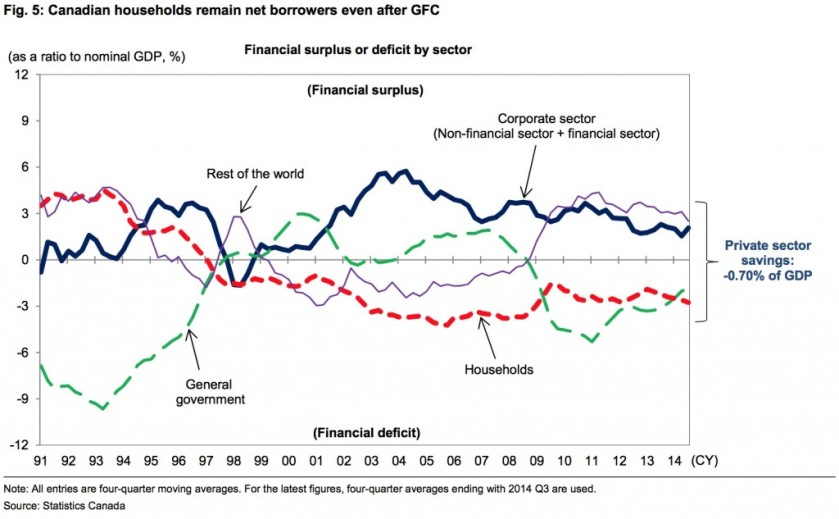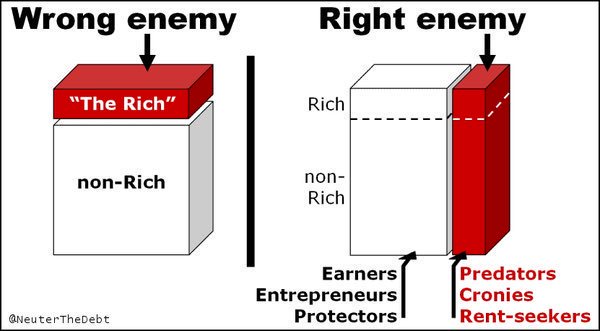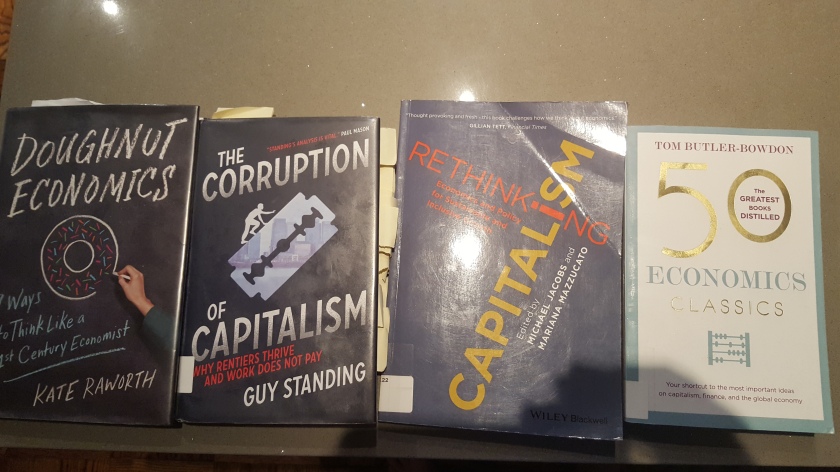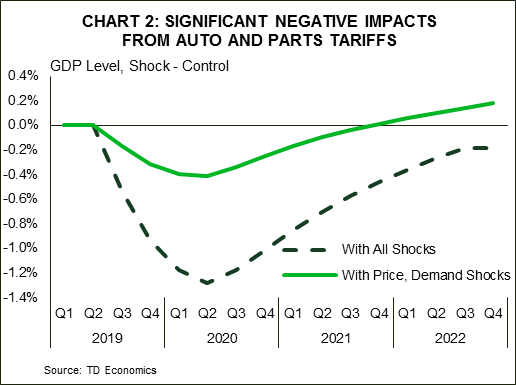First time taking pictures of the city at night…still got a lot to learn and some baby brain to get over….
Also see:
https://ennlightenment.wordpress.com/2017/10/29/astrophotography-update/
First time taking pictures of the city at night…still got a lot to learn and some baby brain to get over….
Also see:
https://ennlightenment.wordpress.com/2017/10/29/astrophotography-update/
The Ontario election is looming, and it does not look like there are any good choices. Perhaps the best choice is a minority government.

It looks like there is a high and growing probably of an Ontario recession next year due to a housing led weakness in ontario, and mid cycle slowdowns in US and China, our trading partners, along with growing trade uncertainty. We will explore this in a further post. Given this backdrop, perhaps counter cyclical government spending is a good idea if the private sector is retrenching.
There is an alternate viewpoint that if the private sector is about to retrench through a housing led recession, counter cyclical spending from the public sector should dampen it. Not saying its the most productive spending. https://t.co/G4lYsdpHpI
— Enn (@ennlightenment) June 1, 2018
https://platform.twitter.com/widgets.js
Further relevant reading: Is Canada at risk of a balance sheet recession, or see my deleveraging page

Source: Is Canada at risk of a balance sheet recession?
In listening to each party’s taking points, it seems as though we are far from creating real solutions that society will need in the future. Solutions will require the best of what the left and right have to offer.
-Instead of talking about how many nurses are going to get fired, or how privatization is bad, why not look to examples like Singapore Health system, which only spends 4% of GDP with similar outcomes: “But Singapore isn’t a free market utopia. Quite the opposite, really. It’s a largely state-run health care system where the government designed the insurance products with a healthy appreciation for free market principles — the kind of policy Milton Friedman might have crafted if he’d been a socialist.”
-Use public spending to enhance infrastructure and fund long term projects with patient capital instead of creating bullshit jobs
-Roll out an unconditional basic income for everyone as a safety net (hint: we should have funded a sovereign wealth fund with oil/resource tax revenue that would pay this out)
-A speculation tax on housing? Potentially, how about a land value tax, or shifting the tax burden off of labour and income onto economic rents. Target unproductive investment and economic rent instead of just the wealthy for redistribution.

-Re-evaluate as as society the role of money and banking, and the monopoly power and privileged that commercial banks have to create credit. Minimize the use of credit for speculation on securities and bidding up the price of scarce land
-Eliminate monopolies and oligopolies, learn how we can win again
-Cut the waste, but restore the Commons
-Work towards establishing better Governance and Transparency: “A recent report by Transparency International ranked Canada and South Korea the lowest in the G20 for financial transparency. Since committing to increase transparency in 2014, Canada has not improved its regulatory framework, the report said.”
I know this all spans multiple levels of government, but just a few thoughts….

Update 2018/06/20:
Peter Zeihan on Canada: 06/20/2018 – I Think They Get It Now, Part Seven/Sept: Canada
“Canada has something other Bretton Woods members do not: leverage. Canada is directly adjacent to the United States. That means the Americans traded with the Canadians not only before Bretton Woods, but before the industrial revolution hit the North American continent. NAFTA is the only active trade deal the Americans have that was not a strategic swap of the Bretton Woods model.
That provides Canada a unique opening. Broadscale chaos in the global system will not overly harm the domestic American experience, but mild chaos in North America would. Unlike Japan or France or Italy or Germany or the United Kingdom, the Canadians have their claws into the American economy’s guts, giving Canada the option of hitting America where it hurts. When the Canadians talk reciprocal tariffs, it matters.
And the Canadians know what to do with that leverage, because Canada has something else the other Bretton Woods allies lack: insight. ”
“…But something most Canadians miss is that while their proximity to and close relationship with the United States does indeed grant them security and leverage and insight, that’s only an advantage if the Americans are distracted.
End America’s position as the global leader. Take most of those irons out of the fire. Contract America’s already small international economic footprint. Washington’s to-do list shrinks immeasurably. Purely by circumstance, Canada moves up. Way up.
Canada faces very real danger of national fracture without American attention. But if the American population or presidency perceives – rightly or wrongly – that Canada is part of the problem rather than part of the solution, then the full power of the American system can be brought to bear on its politically, economically and strategically fragile neighbor. ”
Potential U.S. Auto Tariffs: Canadian Scenario Analysis

How the economic machine works by Ray Dalio